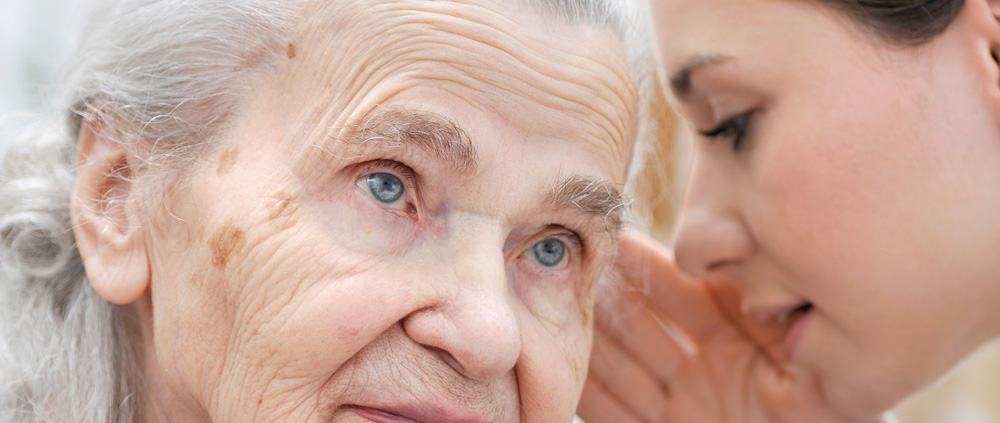
When I see patients suffering from the loneliness of hearing loss, it gets to me every time. I remember working with a patient, I’ll call Rhonda, 74YO.
She is a former teacher and current grandmother. I’d recently diagnosed her with hearing loss. But she’d been suffering in “silence” since her mid-60s.
That’s when she began misunderstanding words that included S, F, and TH.
She just worked through it at first. Family and friends were supportive. But over time, engaging socially became a chore. Her brain felt like it was working overtime, trying to listen.
She began to miss important announcements. A few years ago, her granddaughter made an announcement at a family dinner. She was getting married. Rhonda had had to turn to the person beside her to ask what she had said. She felt ashamed.
She doesn’t remember exactly when she started skipping family gatherings. She hadn’t yet put two and two together. But when she did, she came to see me.
The exhaustion and mental fogginess around family events were related to how hard she had to work to understand what she heard. Her brain had to filling the blanks.
As it turns out, what she and so many others experience may have a genetic component.
44 genes linked to age-related hearing loss
Doctors and researchers don’t know exactly why people lose their hearing as they age, independent of loud noise exposure. We know that loud noises cause hearing loss. Toxins, diet, exercise, and other lifestyle factors may contribute.
Hearing loss has been strongly linked to depression and loneliness. For every decibel of hearing loss, the risk of loneliness increases by seven percent. Sound loudness is measured in decibels.
A newly-released study was published in the American Journal of Human Genetics. It shares that scientists have isolated 44 genes that may impact hearing loss.
As you know, genes are building blocks of who you are. They determine eye color. And they may influence things like the likelihood that you’ll develop an addiction, obesity, heart challenges, and more.
How are genes isolated?
How do geneticists determine which genes may contribute to hearing loss? They review the genetic data of thousands of people. They look for matches.
So if a lot of people with age-related hearing loss have a specific gene (and others don’t), that gene may be related.
They looked at 250,000 people’s genes. They were able to identify these 44 genes people with age-related hearing loss had in common.
What this means for hearing loss treatment
The science of genetics is still in its infancy. But studies like these may lead to gene-based therapies.
For now, it’s essential to get your hearing tested early. If you do have hearing loss, getting a hearing aid can slow the progression. You can reduce the exhaustion, isolation, and brain fog associated with hearing loss.
Sadly, like Rhonda, the average person waits seven to 10 years to get treatment. By then, much of the loneliness and exhaustion has set in. So don’t wait.Contact my office to set up an appointment with us.
